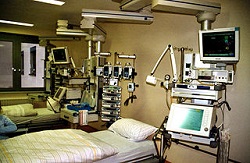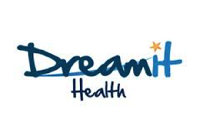Sometimes, ideas in healthcare have a way of starting small but quickly getting much bigger.
Take Care Team Connect, an Evanston, Ill.-based IT firm that provides software platforms for population healthcare management while also offering provider coaching services on how to manage population-based wo rkflows effectively.
rkflows effectively.
According to Carrie Kozlowski, Care Team’s senior vice president of client services and marketing, the company got its start five years ago after the founder, Benjamin Albert, became frustrated trying to manage care for his sick grandfather from a distance.
Image Courtesy of Ventrilock / FreeDigitalPhotos.net









